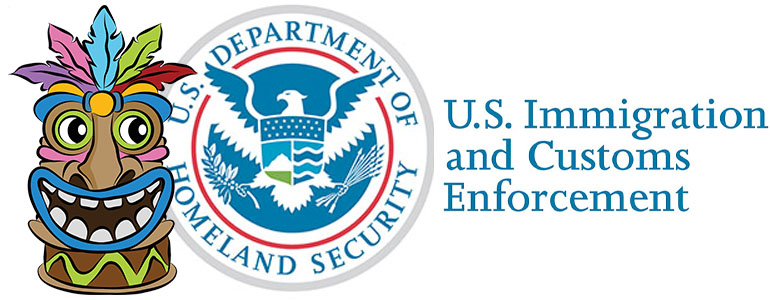
Angel Dominguez Ramirez, Jr., 50, a former U.S. Marine with dual U.S. and Mexican citizenship, was sentenced in federal court June 1, to 195 months in prison for leading an international organization that transported large quantities of cocaine from South America to Mexico and into the United States.
Dominguez had previously entered a guilty plea to international conspiracy to distribute cocaine and money laundering conspiracy. During the sentencing, U.S. District Judge William Q. Hayes noted the “staggering” amount of cocaine Dominguez smuggled.
According to a court document, the organization Dominguez headed called itself El Seguimiento 39, El Seg 39, or simply “The Company.” According to the same document, Dominguez built his organization through cooperative alliances with the Beltran Leyva Organization, the Cartel de Jalisco Nueva Generacion, the Sinaloa Cartel, the Cartel del Golfo, and Los Zetas.
Other publicly filed documents note that El Seg 39 also used its contacts with corrupt high-level Mexican officials to thwart investigations into its drug trafficking activities. As noted in court documents, agents from Homeland Security Investigations (HSI) estimated that at its height, El Seg 39 used these alliances to smuggle approximately 10 tons of cocaine into the United States each month and move at least $10 million in drug proceeds back into Mexico monthly.
“Today’s sentencing of Dominguez is a strong example of HSI’s ongoing efforts to target and dismantle the most significant drug trafficking organizations in the world, whose multi-billion dollar criminal networks funnel drugs onto our streets and spread violence into our communities,” said Chad Plantz, Special Agent in Charge of HSI San Diego. “We will continue to work together with our law enforcement partners in Mexico to root out the leaders of these insidious cartels, wherever they may be found, and bring them to justice.”
“Today’s sentence sends a message that the leaders of even the most powerful criminal organizations will be held accountable,” said U.S. Attorney Randy Grossman. Grossman thanked the prosecution team, HSI, the Drug Enforcement Administration (DEA), and U.S. Customs and Border Protection (CBP) for their excellent work on this case.
“This case is a perfect example of how DEA and our law enforcement partners work together to dismantle criminal organizations,” said DEA Special Agent in Charge Shelly S. Howe.
This effort is part of an Organized Crime Drug Enforcement Task Forces (OCDETF) operation. OCDETF identifies, disrupts, and dismantles the highest-level criminal organizations that threaten the United States using a prosecutor-led, intelligence-driven, multi-agency approach.
HSI is the principal investigative arm of the U.S. Department of Homeland Security (DHS), responsible for investigating transnational crime and threats, specifically those criminal organizations that exploit the global infrastructure through which international trade, travel, and finance move. HSI’s workforce of over 10,400 employees consists of more than 7,100 special agents assigned to 220 cities throughout the United States, and 80 overseas locations in 53 countries. HSI’s international presence represents DHS’s largest investigative law enforcement presence abroad and one of the largest international footprints in U.S. law enforcement.
